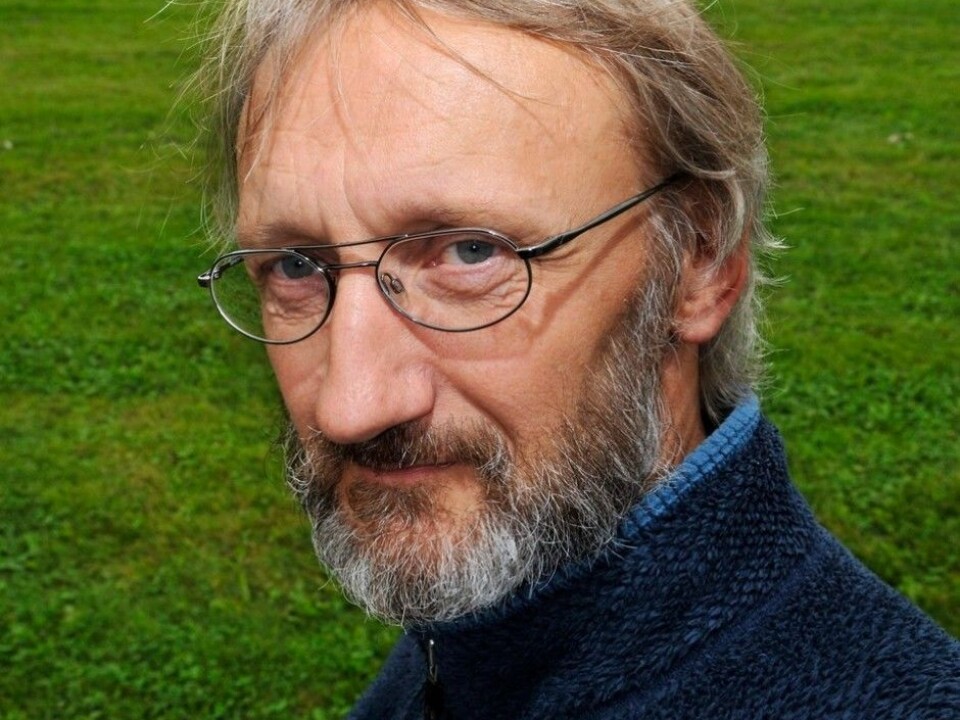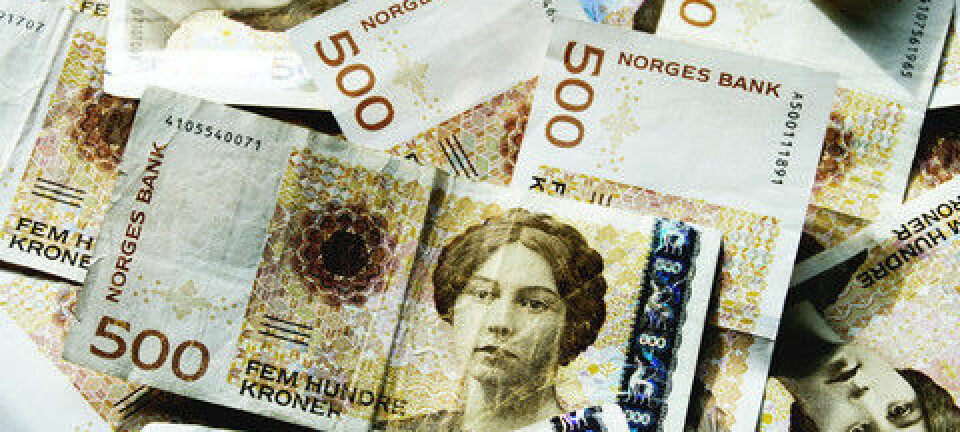
Growing concern about the economy in Norway
Voters punish politicians for hard times, and reward them for prosperity. Not so in Norway, where voters are unaffected by economy. But in the last election Norwegians seemed to worry about the state of the economy.
Denne artikkelen er over ti år gammel og kan inneholde utdatert informasjon.
“Norway is a peculiar country.”
This is how Professor Anders Todal Jenssen of the Norwegian University of Science and Technology (NTNU) and researcher Johannes Bergh of the Norwegian Institute for Social Research describe their country in a recently published book on election and voters.
In most Western countries the researchers see a clear link between the health of the economies and election results. Voters turn against incumbents when hard times hit. In some countries, they might also reward their governments with votes when business is booming.
That’s not how things are done in Norway.

The researchers have analysed election results and economic indicators from the parliamentary election in 1949 on up to the one in 2013. They claim that on the national level Norwegians neither punish their governments in recessions nor reward them during economic upswings.
One reason is that Norwegians have enjoyed the buffering benefits of huge quantities of oil and gas and are reassured by the tremendous Government Pension Fund which offshore profits and investments have generated. With such prosperity, the Norwegian economy has not meant so much for voter preferences.
More fears of unemployment
“It would be premature to say exactly what the voters in the latest local elections were thinking,” asserts Jenssen.
But the election researcher points out that a new poll by Norstat indicates that a growing number of voters are concerned about the economy and employment. They are perturbed by the one percentage point rise in joblessness seen since 2013, with unemployment currently at about 4.5 percent.
“Those who support the opposition are the most worried. Amongst the people polled, there is also a tendency to blame the government for what’s happening. But it’s too early to say whether this is the cause of the election result in 2015.”
Slump in the West
People appear to be more worried about the economy in certain parts of the country. It looks as if the Labour Party has done very well in the municipalities along the West Norwegian coast. Todal Jenssen is intrigued by this.
“It can appear as if the Conservative Party had its clearest setbacks in the part of the country that is suffering most from a slump in the oil industry. It looks as if these municipalities have turned toward the Labour Party.”
An alternative interpretation is that prior to the parliamentary electon in 2013 the Conservatives managed to mobilise support from West Norwegians who felt they were being treated as underdogs. The Westerners are now disappointed.
“West Norwegian Conservatives waged a campaign promising to put the West into the limelight, a brighter situation which they deserved after contributing so much to the national economy. But the Conservatives have failed to meet the expectations they concocted. No big changes happened here.”
In Bergen it looks as if the Labour Party has had its best election results in 40 years. But the Conservative Party, which has run the city for some time, has also been hurt by several scandals and plenty of infighting.
North Norway retrieved
The same applies to Tromsø in the north, where there has been a red tide of votes. The Conservatives have been feuding amongst themselves here too. The party flopped, while the Labour Party, Red and the Socialist Left all enjoyed a successful election. This might not be due to economic factors, however.
“The Labour Party has traditionally had strong footing in North Norway. It is more of an anomaly that a city like Narvik has been governed by the Conservative Party the last few years,” says Todal Jenssen.
He thinks it surprising that the Labour Party has done so well overall, considering the predictions made by the opinion polls.
“For a long time it looked as if Labour was running a poor election campaign, whereas the Conservative Party was holding its own with no sign of setbacks. I think the pollsters will have to settle their accounts after this,” he says.
-------------------------------------
Read the Norwegian version of this article at forskning.no
Translated by: Glenn Ostling


































